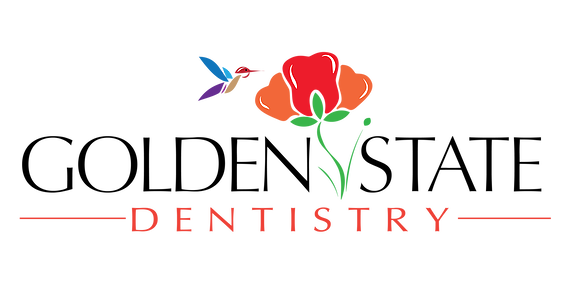 With the right dental products and daily habits many dental problems can be prevented. The following are some best practices to keep your teeth and gums healthy.
With the right dental products and daily habits many dental problems can be prevented. The following are some best practices to keep your teeth and gums healthy.
1. Establish a healthy oral health routine.
The best way to prevent a lot of dental issues is by following a proper oral health routine. The food you eat gets left behind on teeth and encourages bacteria to grow in your mouth. Without brushing and flossing, bacteria will grow and erode your teeth. The American Dental Association recommends brushing your teeth twice a day, for two minutes at a time, and flossing daily. Don’t forget to also brush your tongue, which can harbor bad breath-causing bacteria. In addition, see your dentist twice a year to catch any issues early on.
2. Use the right dental tools.
The toothbrush you use should have soft bristles. Brushing with a hard-bristled brush can remove more plaque, but also wear away at your enamel and cause your gums to recede, if excessive force is applied. Soft-bristled toothbrushes are more gentle on your teeth and gums, especially if you have soft gums or enamel erosion. Remember to replace your toothbrush every 3-4 months or when the bristles show signs of wear. In addition, use a toothpaste with fluoride to help prevent cavities and repair teeth in early stages of decay.
3. Drink more water.
Drinking water (especially with fluroide) is an integral part of your dental health. Drinking fluorided water (tap water) can help prevent cavities and make the teeth more resistant to demineralization. Drinking water throughout the day also keeps your mouth moist, washes away food particles that cavity-causing bacteria feed on, and dilutes harmful acids produced by bacteria in your mouth. The Institute of Medicine recommends drinking 15 cups (3.7 liters) of water a day for men and about 11 cups (2.7 liters) of water a day for women.
4. Eat a healthy, balanced diet.
A balanced, nutrient-rich diet is integral to your oral health. A diet rich in fruit, vegetables, protein (e.g eggs and fish), calcium-rich food (e.g. cheese and yogurt), and whole grains will promote healthy teeth and gums, and optimum overall health. In addition, you should avoid frequent snacking between meals that can encourage bacterial growth. However, if you do snack, forgo sugary and starchy food (e.g. potato chips and candy), and go for more nutritious options, such as raw fruit, vegetables, and plain yogurt.
5. Don’t smoke.
Smoking not only impacts your heart and lungs, but also damages your oral health. Smoking exposes your teeth to over 7,000 chemicals, weakens your immune system, and puts you at greater risk of gum disease and oral cancer. Smoking can also lead to tooth discoloration, bad breath, loss of taste, tooth decay, tooth loss, and tongue cancer. Although your dentist can work with you to mitigate the effects of smoking, quitting is the best solution.
Ready for your check up? Schedule a visit with us by calling our office at (925) 705-7093 or by requesting a consultation online.


.jpg?width=712&name=GSD-Scalloped-Tongue-Causes-and-Treatment-Blog-01.27.2210.21.21%20(1).jpg)











.jpeg?width=425&name=GSD-How-to-Combat-Dental-Plaque-07.22.24-2%20(1).jpeg)



